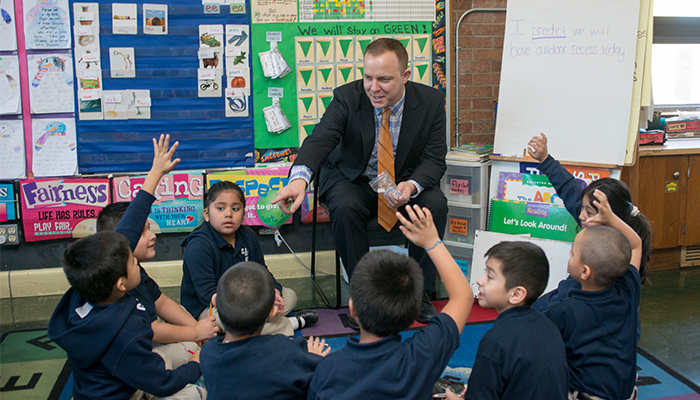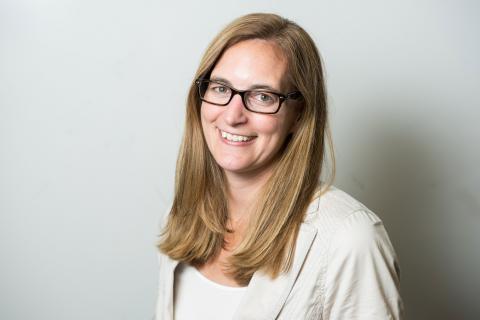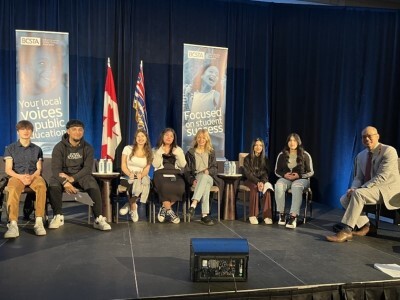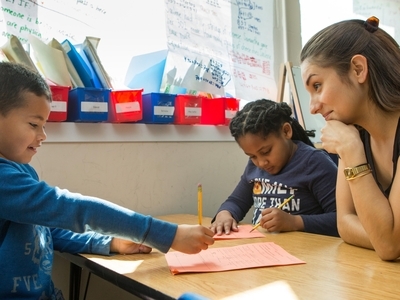Next Generation Schools Represent the Future of K-12 Education
Topics

Next generation learning is all about everyone in the system—from students through teachers to policymakers—taking charge of their own learning, development, and work. That doesn’t happen by forcing change through mandates and compliance. It happens by creating the environment and the equity of opportunity for everyone in the system to do their best possible work.
On July 15, NGLC announced 38 recipients of NGLC breakthrough school model grants.
On July 15, NGLC announced 38 recipients of NGLC breakthrough school model grants. In a recent EdWeek blog post, 10 Signs from NGLC Winners, Tom Vander Ark, founder and executive editor of Getting Smart, described ten signals of the future of K-12 innovation coming from the 38 new grant recipients. Vander Ark calls these new models “exemplars that show the rest of us the path forward.” The first signal he highlights is the growing number of district schools adopting blended, personalized, competency-based learning—some working in partnership with external organizations. Another signal is the individualized progress models of several grantees that take student-directed, self-paced, flexible learning opportunities to a new level. The extended reach and redesigned staffing approaches signal new ways to organize adults in schools for the benefit of students’ learning. And the funding of two rural districts signal the potential for sustainable breakthrough models for rural communities.
In a blog post in Forbes—Moving Schooling Forward: Next-Gen Grants Possess Promise, Michael Horn of the Christensen Institute identified three trends in the group of 38 grant recipients that are pushing “the design envelope on what’s possible for students” and moving toward disruptive innovation. Like Vander Ark, Horn commented on the significance of more districts embracing innovation to personalize learning for students. He also noted the efforts of online virtual schools (Virtual Learning Academy Charter School in New Hampshire and Florida Virtual School) to adopt blended delivery models and double-down on their competency-based approaches. The third trend that caught Horn’s attention is an increased emphasis on problem-based learning, especially its integration with online learning—something he says has never been done well at scale for all students.
At NGLC, we recognize the challenge facing K-12 education to dramatically ramp up its efforts to better serve students from historically underserved communities. With schools making some dents via the traditional model but not able to completely turn the tide on growing achievement gaps, NGLC believes the time to transform the way we educate students in this country is now. There’s a growing opportunity—enabled through technology available today—to personalize the learning experience for every student and make the learning more authentic and self-directed. With that in mind, NGLC is supporting eight new, whole school models to launch new or completely redesigned schools this fall along with 30 school developers who are earlier in the development process to design their model and plan for a fall 2014 launch. This grant opportunity is still open: visit the Grant Announcement Page to apply for a Launch or Planning grant before December 2.




